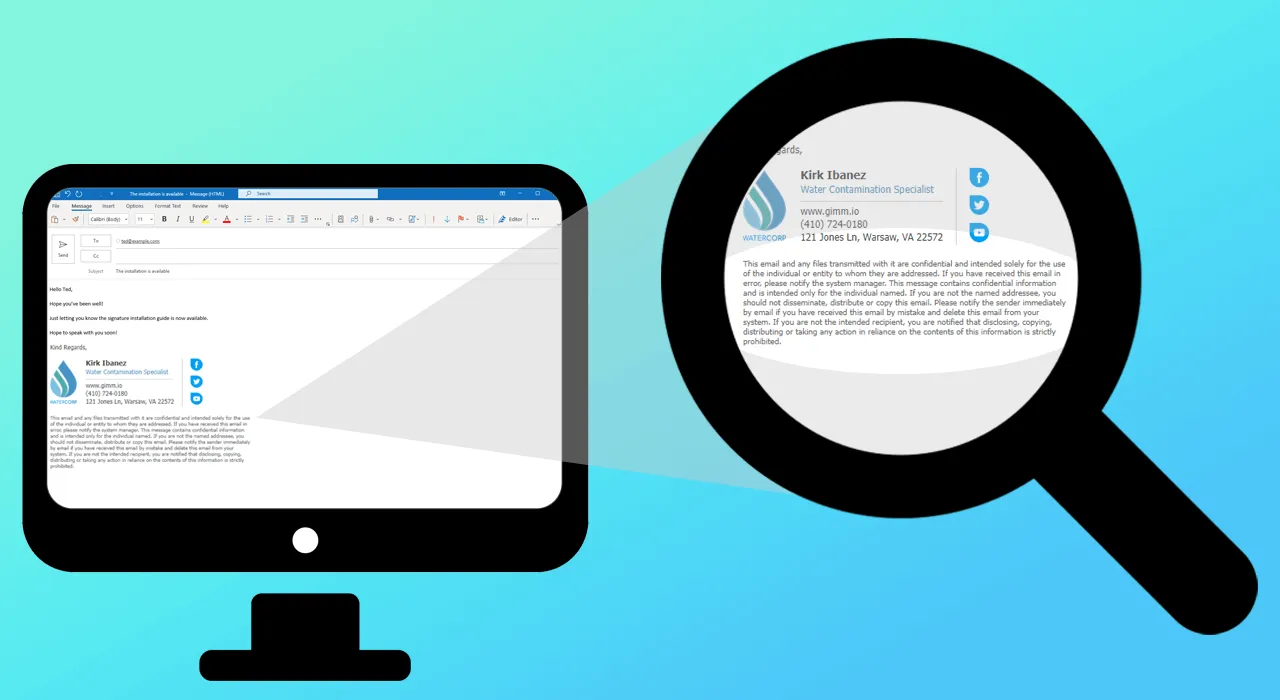We often assume that our chats are confidential when we engage in online conversations through popular messaging apps or email services. After all, these platforms usually offer a “private” chat option, indicating that our messages are encrypted and protected from prying eyes. However, the truth may be quite different. Despite their promises of privacy, traditional communication methods often need to provide proper confidentiality.
The main issue is that many popular messaging apps do not offer end-to-end encryption by default. End-to-end encryption ensures that only the sender and recipient read the messages, and even the service provider cannot access the content. Unauthorised individuals intercept and read messages without this crucial feature, compromising sensitive information.
Risks of sharing sensitive information
When we share sensitive information online, we expose ourselves to several risks. Here are some common scenarios where confidentiality requires more than just a “private” chat:
- Personal privacy – Whether discussing intimate details with a loved one or sharing personal financial information, we all have private matters that we want to keep confidential. Traditional messaging apps may not provide sufficient protection, leaving our personal information vulnerable to breaches.
- Business and professional confidentiality – In the business world, confidentiality is crucial. Discussing proprietary information, trade secrets, or sensitive financial data requires a secure platform. A breach of confidentiality could result in significant losses for businesses and individuals.
- Legal and regulatory compliance – Certain industries, like healthcare and finance, are bound by strict privacy laws and regulations. Sharing confidential client information or patient records demands the highest level of security to comply with legal requirements and protect sensitive data.
- Activism and political dissent – In some parts of the world, engaging in political activism or dissent can be dangerous. Confidentiality is essential for individuals involved in these activities to protect their identities and ensure their safety.
- Personal notes – Keeping personal notes online, such as diaries or journals, also require confidentiality. These notes may contain private thoughts, ideas, or sensitive information that individuals want to keep secure and hidden from others.
Now that we understand the benefits of online notes for enhanced confidentiality, let’s address a common question: Is the Pastebin link safe? Pastebin is a web-based platform where users upload and share text-based content, including code snippets, log files, and notes, with others. While Pastebin is useful for specific purposes, it may not be the best choice for sensitive or confidential information.
Pastebin links are typically public and easily accessible to anyone with the link. While you can set a password or expiration time on Pastebin links for added security, the platform does not offer end-to-end or zero-knowledge encryption. This means that unauthorised individuals could access and read your sensitive information. Pastebin has been associated with security concerns, including sensitive data exposure and malicious content distribution. Therefore, Pastebin is suitable for sharing non-confidential text.








